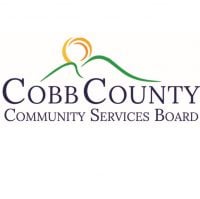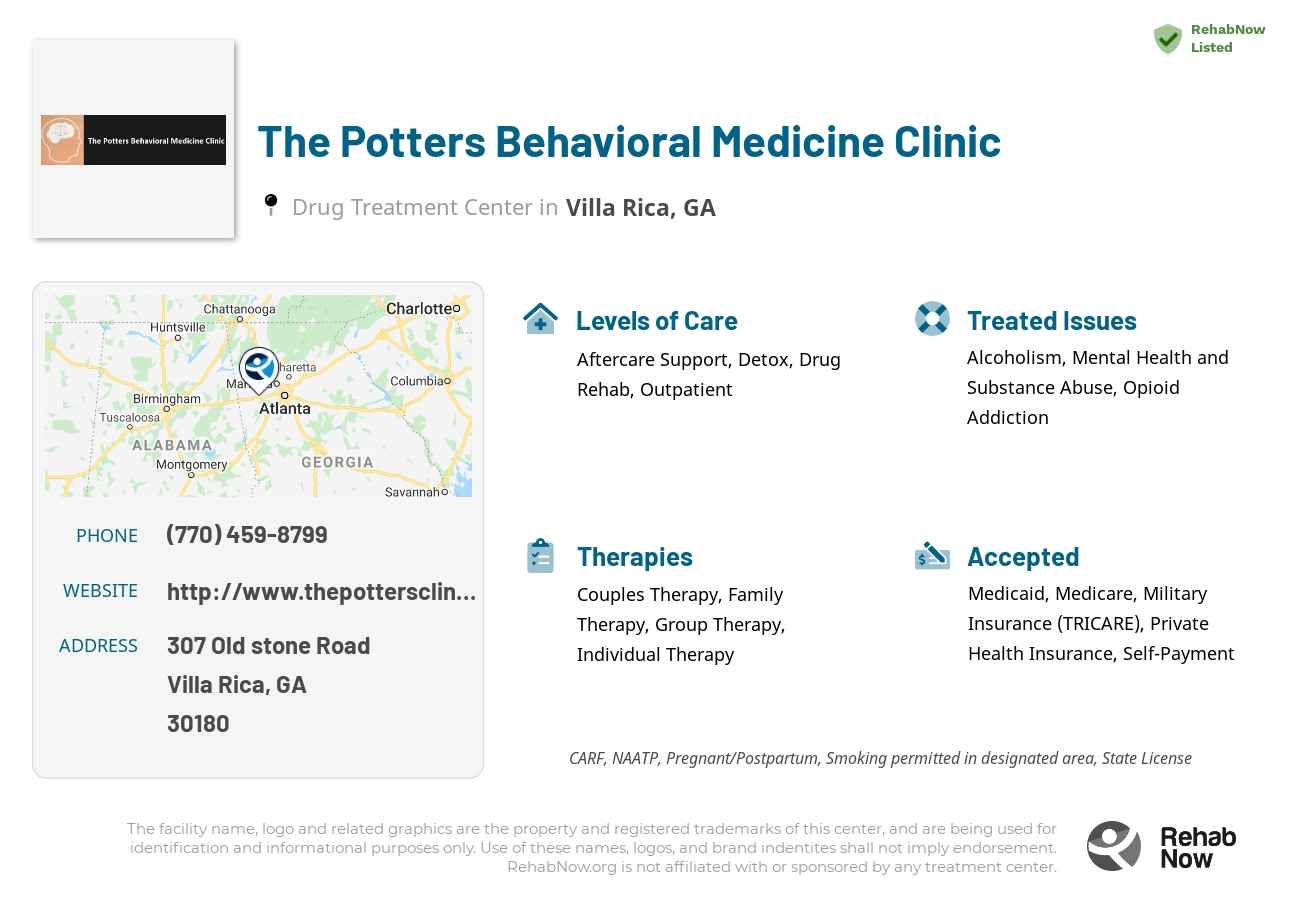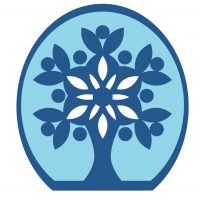
The Potters Behavioral Medicine Clinic
Drug Rehab Center in Villa Rica, Georgia
- Opioid Addiction
- Dual Diagnosis
- Drug Addiction
- Alcoholism
The Potters Behavioral Medicine Clinic in Villa Rica, Georgia provides addiction treatment services, including detox, drug rehab, and outpatient care, with a focus on personalized care plans and affordable options, licensed and accredited by Georgia Department of Behavioral Health and Developmental Disabilities and CARF, and offers comprehensive aftercare support for sustained recovery.
About
The Potters Behavioral Medicine Clinic in Villa Rica, Georgia is an addiction treatment facility providing comprehensive care for people struggling with alcoholism, opioid addiction, dual diagnosis, drug addiction, mental health, and substance abuse. The clinic offers a variety of services for recovery, including aftercare support, detox, drug rehab, and outpatient levels of care. Additionally, the clinic is licensed by the Georgia Department of Behavioral Health and Developmental Disabilities and is further accredited by the Commission on Accreditation of Rehabilitation Facilities (CARF).
The Potters Behavioral Medicine Clinic provides custom-tailored care plans to patients’ unique needs. The staff consists of an experienced team of medical professionals and certified counselors who provide individualized treatment plans such as medical detoxification, medication management, cognitive behavior therapy, relapse prevention, family therapy, and support groups. The clinic also accepts private health insurance, making treatments more affordable and obtainable. The center offers a comprehensive aftercare program with ongoing support to help individuals sustain their recovery.
Genders
Ages
Modality
Additional
Conditions and Issues Treated
Within the past decade, opioid addiction has become a nationwide epidemic. The United States hosts one of the world’s highest rates of opioid use or abuse and has one of the highest rates of opioid-related deaths. In the United States, opioid drugs are classified as Schedule II-IV controlled substances due to their highly addictive properties and potential for abuse. These include morphine, opium, heroin, oxycodone, hydrocodone, methadone, and fentanyl. Physicians usually prescribe opioids to help control pain.
Over time, opioid users develop a tolerance for the drugs, which makes it difficult, if not impossible, to function without them. In turn, opioid users often resort to illicit means of obtaining the drugs. These means can include drug dealers, friends, and family members who do not have legitimate prescriptions for the drugs. Opioid addiction can quickly lead to heroin use, especially those seeking more intense highs than prescription opioids offer. Due to the high risk of overdose, heroin users are at a much higher risk for illness and death.
Levels of Care Offered
This center offers a variety of custom treatment tailored to individual recovery. Currently available are Aftercare Support, Detox, Drug Rehab, Outpatient, with additional therapies available as listed below.
Detoxification is a critical first step in treatment for drug addiction. Drug detoxification helps the individual withdraw from the drug by providing a controlled environment where symptoms can be managed through medication and close observation. Detoxification is an inflection point where the individual can get on a recovery track, but it’s also one of the most dangerous points in the recovery process.
In addition to going through physical withdrawal from certain drugs, a detox program also provides the individual with drug testing to monitor their progress. This way, if the individual is not ready for sobriety (such as if they relapse), the treatment professionals can catch it early on and use that opportunity to help re-orient the individual towards recovery.
An outpatient treatment program is set up to help with alcohol or drug addiction or a co-occurring disorder. The treatment must attend the treatment facility for their therapy and other programs but return home each night. The frequency of mandatory attendance decreases after much of the treatment program is complete. The treatment programs are monitored by the treatment facility and case managers who work for a judge or judge’s office. A treatment program may be performed out of a treatment facility, treatment clinic, or treatment center.
The benefits of outpatient treatment programs are many. One of the most beneficial treatment programs is that it allows treatment for clients who cannot afford or may not be able to attend treatment at a treatment facility, treatment center, or treatment clinic full-time. Another benefit of treatment programs is that they reduce crime rates because treatment allows people to treat their addiction.
Recovering drug addicts need aftercare support when they leave treatment. The support can include guidance through 12-step programs, outpatient rehabilitation programs, and support groups. Aftercare supports the individual in their desire to maintain sobriety by reducing relapse risk with positive choices.
The success of drug treatment does not end when the addict leaves the rehabilitation center. There is no such thing as a “one and done” type of rehabilitation process. Recovery is a lifelong journey that begins with treatment and continues by the addict committing to outside support groups or drug rehab programs.
When choosing a program, it is crucial to choose one that will provide long-term aftercare support. This ensures that you have the tools you need to sustain your recovery.
Therapies & Programs
Individualized Treatment is essential because it gives addicts the ability to participate in a program that meets their unique needs. An addict should work with professionals who understand what they’re going through, especially if the addict is actively using. Finding the right treatment program for an addict is difficult, but it’s even harder without communicating with those who have experience treating your specific situation.
Couples therapy is a treatment approach where the patients and their partners are engaged together. When a person becomes a victim of substance abuse, it affects the patient and his people, particularly his partner. Their relationship can become strained due to lack of communication, financial issues, loss of trust, lack of intimacy, and physical abuse in more severe cases. Couples therapy addresses these issues and tries to rebuild the trust between the partners. The partner’s involvement in the process will result in greater chances of treatment success and sustained recovery.
The therapies typically involve all family members, potentially including siblings, children, and parents who play a role in their daily lives. These sessions can be essential because they address past issues that may have affected an addict or alcoholic’s recovery process. They provide support during this time when it is needed most!
A family therapy session, often called a family meeting or intervention, is a necessary process that helps loved ones of addicts see their situation in a new light. It’s also one of the most challenging things families will ever have to do when they’re facing a loved one battling addiction or alcoholism.
Group therapy sessions provide recovering addicts with a chance to cope with everyday situations that many face. Group therapy sessions are held in rehab facilities, clinics, churches or community centers that offer drug addiction treatment.
People who attend these groups are encouraged to voice their feelings and support other addicts in recovery. This helps group members strengthen their own recovery program while cheering on others who are struggling with sobriety.
Payment Options Accepted
For specific insurance or payment methods please contact us.
Is your insurance accepted?
Ask an expert, call (888) 674-0062
Additional Details
Specifics, location, and helpful extra information.
Villa Rica, Georgia 30180 Phone Number(770) 459-8799 Meta DetailsUpdated November 25, 2023
Staff Verified
Patient Reviews
There are no reviews yet. Be the first one to write one.
Villa Rica, Georgia Addiction Information
Prescription opioid use has caused a large increase in the total amount of overdoses in Georgia. Almost 12% of the Georgia population uses illicit drugs each year, and slightly over 3.5% also abuses alcohol at the same time. This does not include those who binge-drink at least once a month, which includes 20% of all Georgians.
Drug abuse has become so pervasive in Villa Rica that it has been declared a public health crisis by the state government. Heroin was involved in 24% of overdose deaths in Villa Rica in 2016. There are many drug treatment facilities in Villa Rica, GA. To find the best one for you, it's important to consider your individual needs and what type of care would be most effective for you.
Treatment in Nearby Cities
- Stockbridge, GA (41.6 mi.)
- Rincon, GA (235.8 mi.)
- Sylvania, GA (201.7 mi.)
- Nahunta, GA (245.3 mi.)
- Cuthbert, GA (136.7 mi.)
Centers near The Potters Behavioral Medicine Clinic



The facility name, logo and brand are the property and registered trademarks of The Potters Behavioral Medicine Clinic, and are being used for identification and informational purposes only. Use of these names, logos and brands shall not imply endorsement. RehabNow.org is not affiliated with or sponsored by The Potters Behavioral Medicine Clinic.




